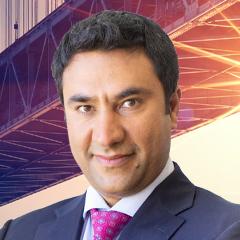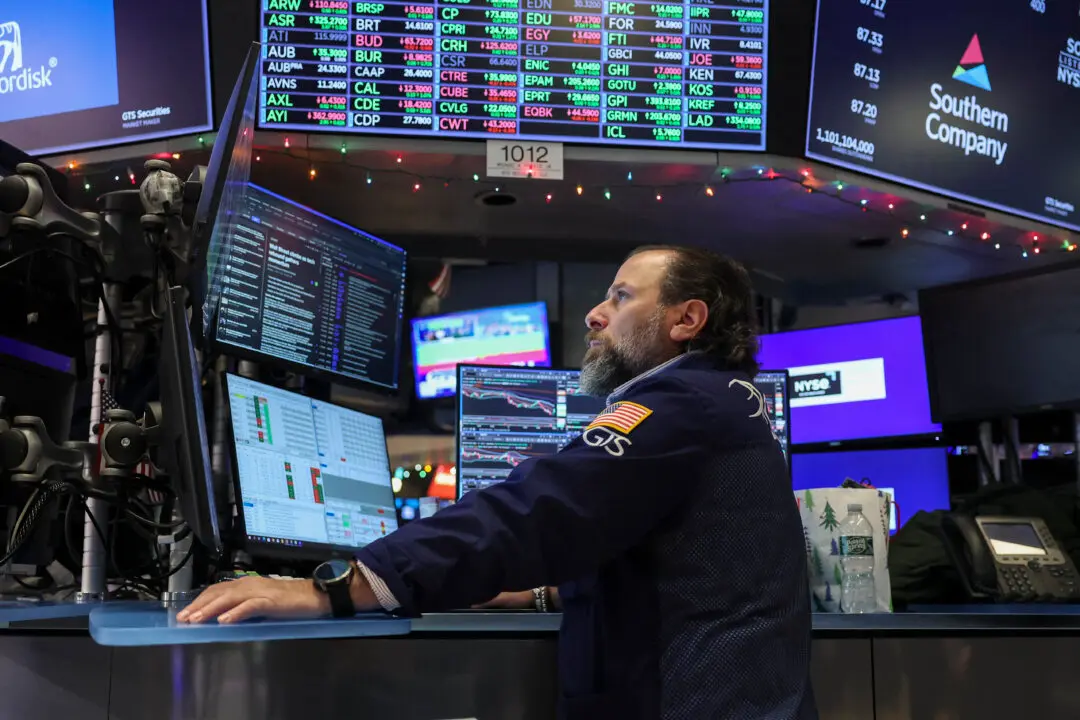The culture in San Francisco has changed from one of diverse viewpoints and backgrounds to one of oppressive, polarizing politics, according to a former resident who left to raise her family in Denver, Colorado.
“It’s hard to describe how much I loved it,” Jennifer Sey, former brand director for Levi’s and longtime resident of San Francisco before leaving two years ago, said on a recent episode of EpochTV’s California Insider. “I’ve never felt at home in a place like I did in San Francisco.”





